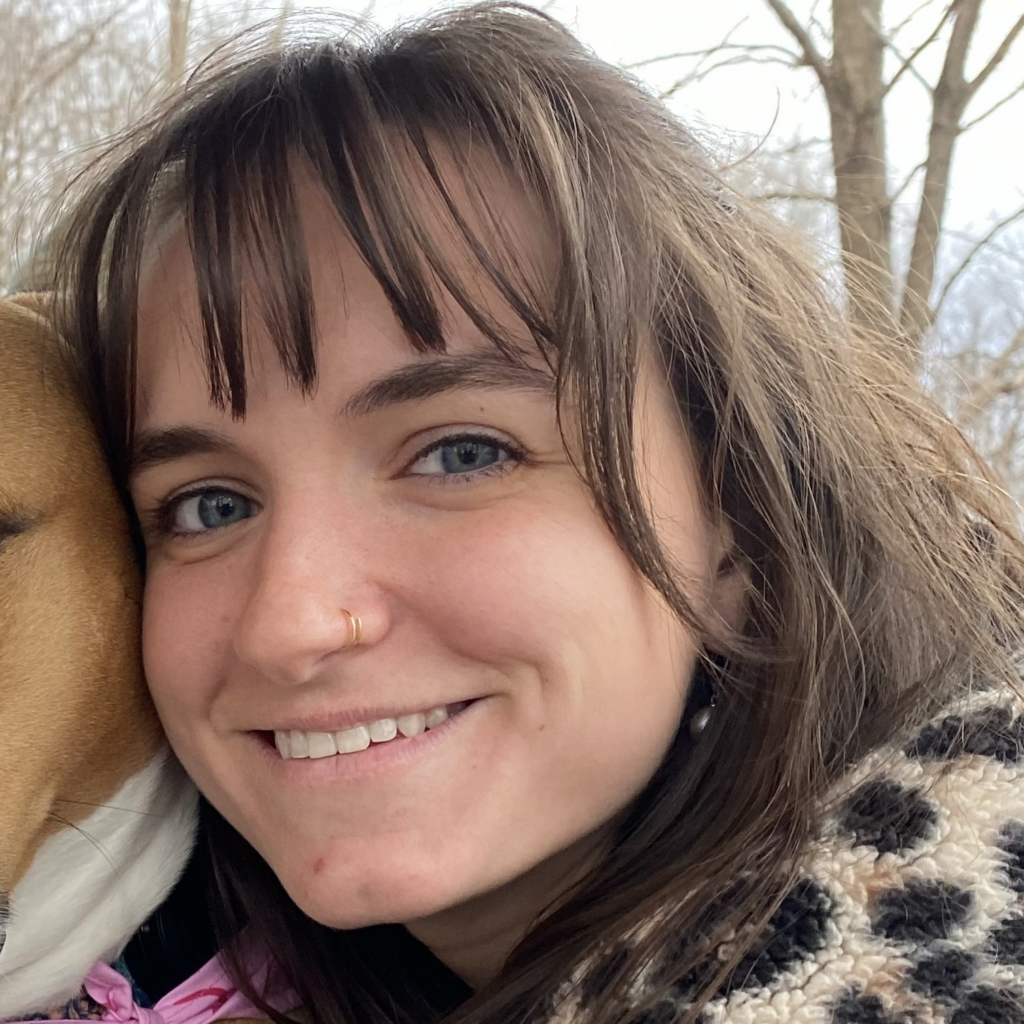By: Olivia Burke
This post is the 6th publication in a YPAR series, which aims to explain participatory research, youth-led measurement and evaluation approaches, and strategies for youth-adult collaborations in YPAR.
Highlights:
- Detailed in earlier in this series, engaging youth in participatory action research promotes autonomy, self-efficacy, critical thinking skills, empowerment and civic engagement.
- Effective facilitation is the key to successful YPAR partnerships.
- In this blog, I share tips for facilitators based on years working in YPAR at multiple sites across a diverse range of students.

This summer marks my third anniversary with the Youth Action Lab. The intersection of my two academic passions, education research methodology and adolescent development, this lab caught my attention as an undergraduate in UVA’s School of Education and Human Development. While working on my master’s, my interest in utilizing Youth Participatory Action Research (YPAR) as both a research method and youth-empowerment tool continued to blossom.
The bulk of my research with Youth Action Lab focuses on successful participatory action research facilitation. My experience facilitating YPAR with six different youth groups/schools ranges from: in-person to remote settings, ages 3rd to 12th grades, and highly selective leadership groups to alternative school models. In reflecting on the years, I identified four universal facilitation tips that help me establish successful YPAR collaborations.
Intentionally Break Down the Adult-Youth Power Structure
After the initial introduction to YPAR, spend time breaking down the traditional youth-adult power structure. YPAR is often facilitated in a school or school-like setting where the youth are traditionally ‘knowledge consumers.’ While the youth will learn throughout the YPAR process, they are also considered a primary source of knowledge. Unlike a traditional student-teacher relationship, the youth-researchers and YPAR facilitators have equal decision-making power. Being explicit about the shared ‘power’ throughout the YPAR process allows youth the space to share their truth and confidently make research decisions. As a facilitator, make sure you:
- Intentionally share the idea that the youths’ knowledge and points of view are as important as the facilitators’.
- Treat the youth with the same level of respect as you would any other co-researcher or adult colleague.
- Spend time encouraging students to use their voice in the facilitation time; they will likely begin to speak up, unprompted, throughout the year.
- Position yourself, physically, in a space that does not imply a power dynamic. For example, in a circle of desk rather than in front of the class like a teacher might.
Build Foundational Connections with Youth Researchers
Establishing a genuine relationship with the youth-researchers is crucial for a successful partnership. Once the youth-researchers feel comfortable around you, they will be more likely to explore authentic research topics. Though researchers strive to remove bias from the process, overarching research topics are inherently personally and often are sparked from emotions or reactions to everyday experiences. Building an authentic connection allows space for the youth-researchers to be vulnerable and explore their true interests. As you hone your YPAR facilitation skills, remember to:
- While respecting your own boundaries, be vulnerable and authentic yourself. I often share a bit about my personal experiences and what makes me ‘me.’
- Allow the youth to get to know you as a ‘normal’ person first—this also helps break down power structures between facilitator and youth-researcher. Having casual conversations about the latest trends or music tastes will remind the youth-researchers that we are just like them and normal people.
- Share some of your own interests, research interests and how you personally connect to them.
Follow an Adaptable Curriculum & Timeline
The Youth Action Lab follows a general curriculum adapted from the University of California Berkeley’s YPAR HUB. I found that this YPAR curriculum is best utilized as a starting point to spark engagement and teach youth-researchers the social science research process. Since YPAR is rooted in empowering youth to make their own research decisions, it is important to be flexible to the youths’ interests and not get caught up in following the curriculum verbatim (like a teacher needs to in the classroom). The youth may feel more drawn to different aspects of the process than others, and it is not only OK but encouraged to follow their lead. As you consider YPAR curriculum, remember your goal as the facilitator is to:
- Give youth the space and time to explore each step of the process. For example, a youth-researcher may enjoy spending the bulk of their time on background research or exploring data collection methods.
- Spend more time on aspects of the social science process that excites and energizes the students.
- Create a broad timeline from the start but be flexible at each stage. For example, allowing students more time to research their topic of interest or presenting their findings to different groups.
Meet the Youth Where They Are At
As mentioned in previous series posts, reflecting and checking personally bias is crucial for successful YPAR facilitation. In YPAR, the youth possess the content knowledge and it is their worldview that drives the research project. I, like most of us, have preconceived notions of how the world works and what is ‘right and wrong.’ My worldview may vary drastically from the youth though. Checking my bias throughout the research process promotes a research product authentic to the youth.
I also strive to meet the youth where they are at that day, and in some YPAR meetings you may need to pivot in the moment if that is best for them. While it is a collaborative process, not everyone involved has a fully developed prefrontal cortex. Provide the youth-researchers with more support on the days you notice they may be struggling. Giving them space to have ‘bad days’ promotes trust, mutual respect, and ultimately a more successful partnership. As a YPAR facilitator, it is essential that you:
- Allow youth to explain their thinking and share what experiences are driving their opinions (often you will learn something new from them).
- Share your own worldview and prompt a conversation to highlight where we, as co-researchers, may differ.
- Check-in with the youth, as people, at the beginning of each session. Not every YPAR session needs to be 100% focused on the research project.
Missed a post in the YPAR series? Check out all the tips and resources:
- The Benefits of Engaging in Participatory Approaches to Research
- Why Young Investigators Are Important
- Youth Voices in YPAR (includes youth)
- Strategies for the YPAR Collaboration Process (includes downloadable resources)
- How Can Youth Voice Amplify Research? Listening & Leadership Are Key
- 4 Universal Facilitation Tips for YPAR Collaboration
- Asset & Power Mapping as Tools for Youth-Led Research (includes downloadable resources)
- Why YPAR Matters: Youth Are “Looking at the World Differently” (includes youth)
If you have any comments or questions about this post, please email Youth-Nex@virginia.edu. Please visit the Youth-Nex Homepage for up to date information about the work happening at the center.

Author Bio: Olivia Burke is an incoming PhD student studying Research, Statistics, and Evaluation at the School of Education under the guidance of Dr. Nancy Deutsch. She completed her B.S.Ed. as a Youth and Social Innovation major in 2021 and her M.Ed. in Quantitative Analytics for Education in 2022. She spent the last year as a data analyst at the National Student Clearinghouse on their Custom Research team. Since her initial involvement with in 2020, she has continued her work with Youth Action Lab as a YPAR facilitator and researcher. During her PhD, she plans to utilize and promote PAR-methods in education research.
